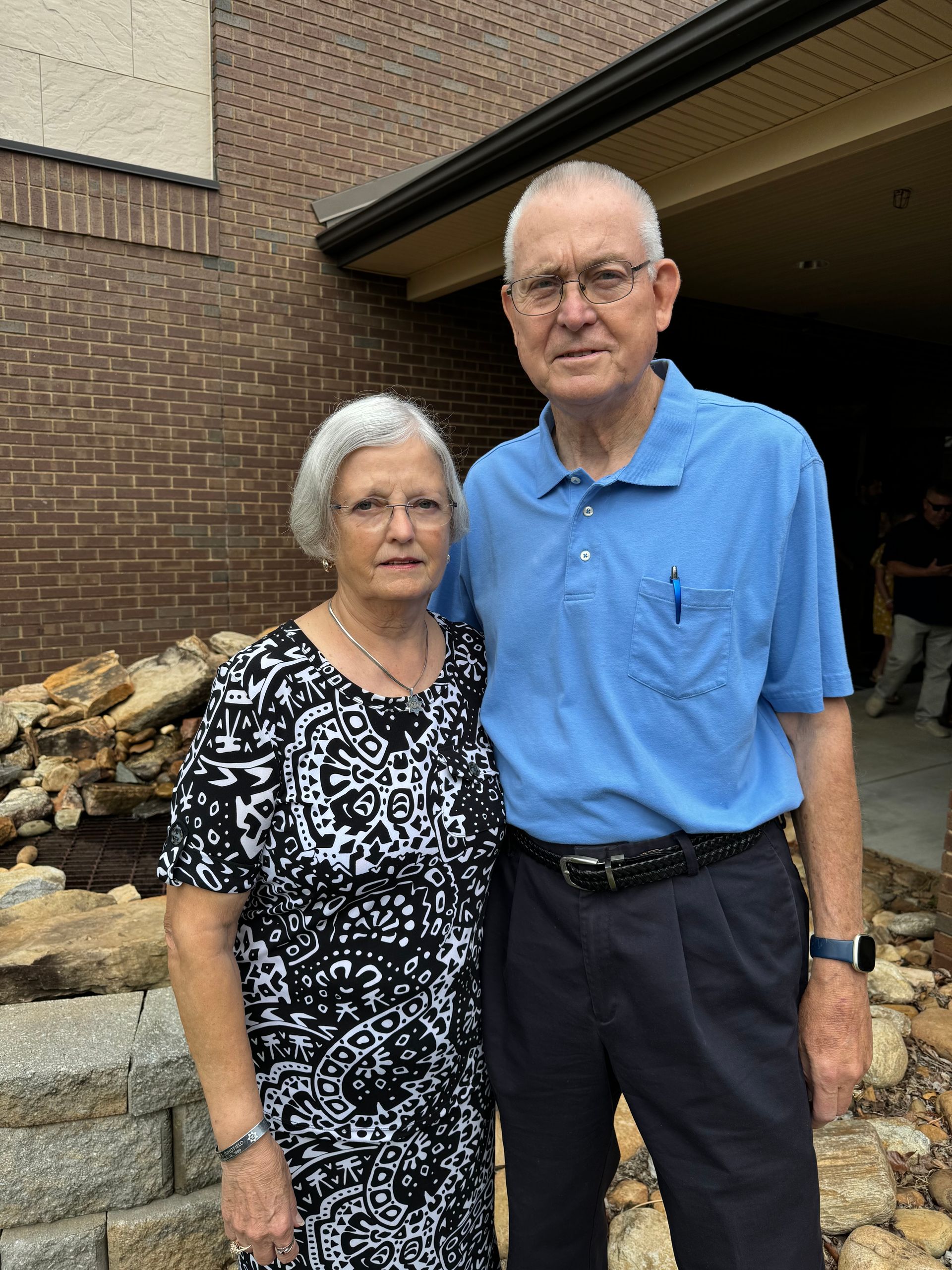
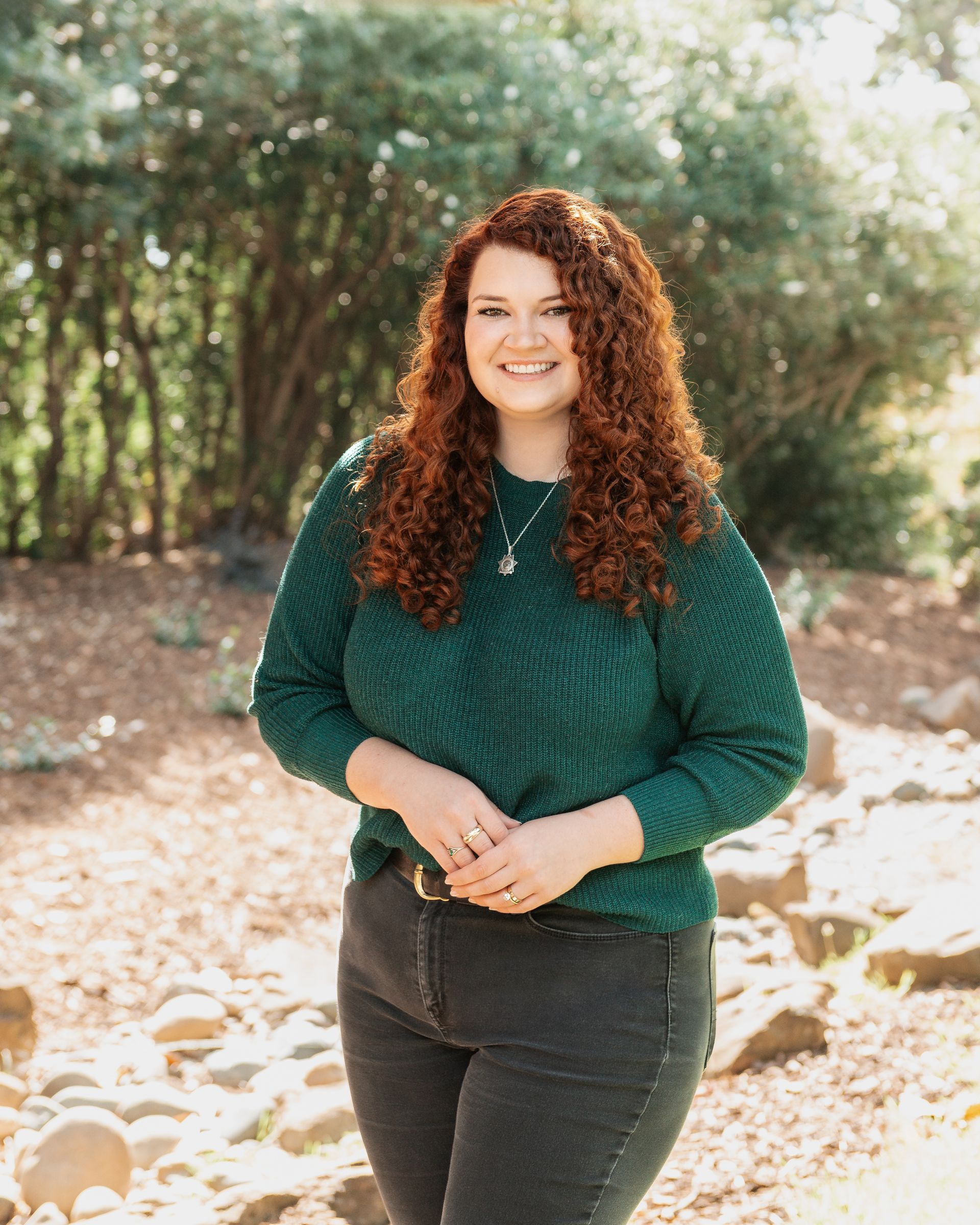
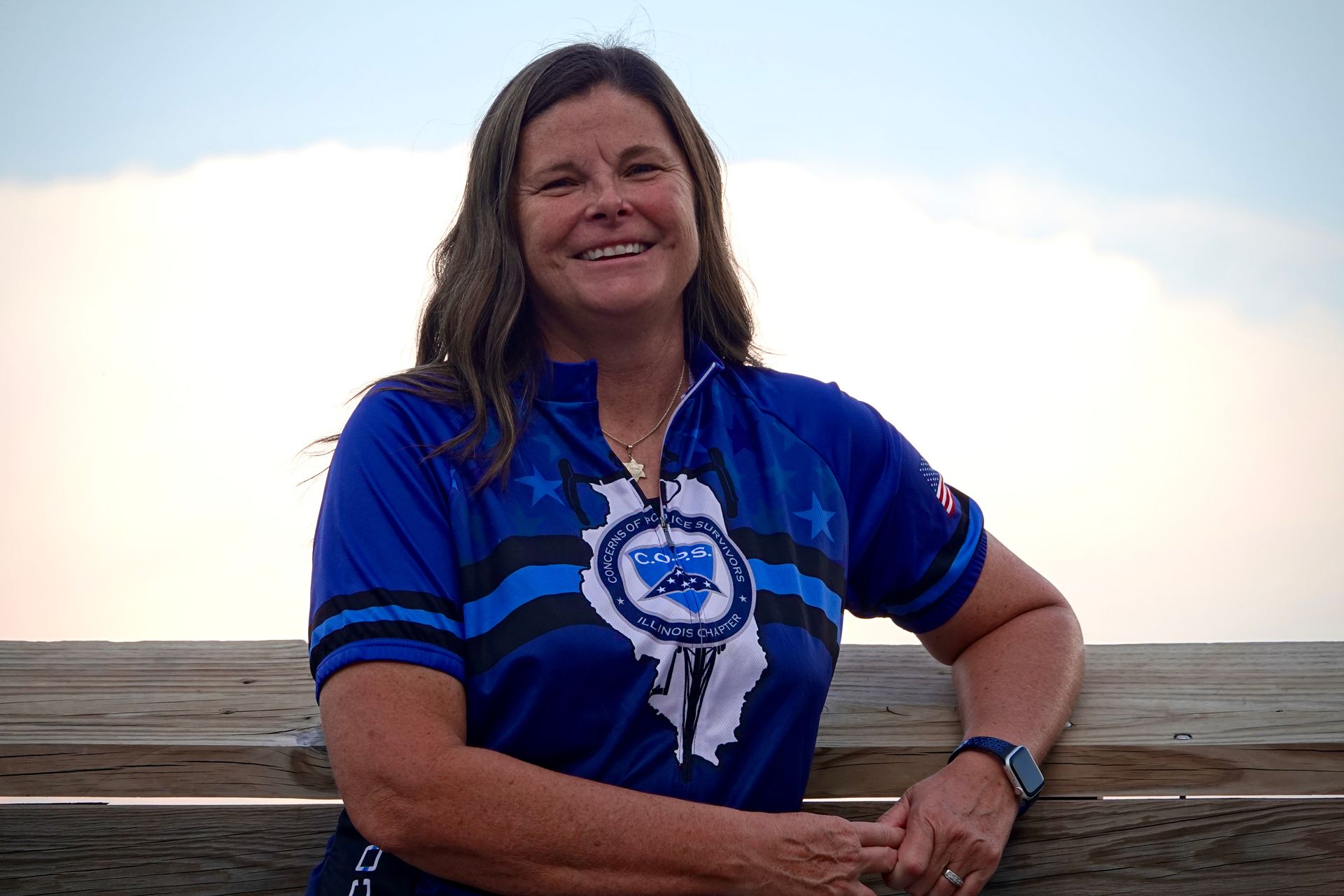
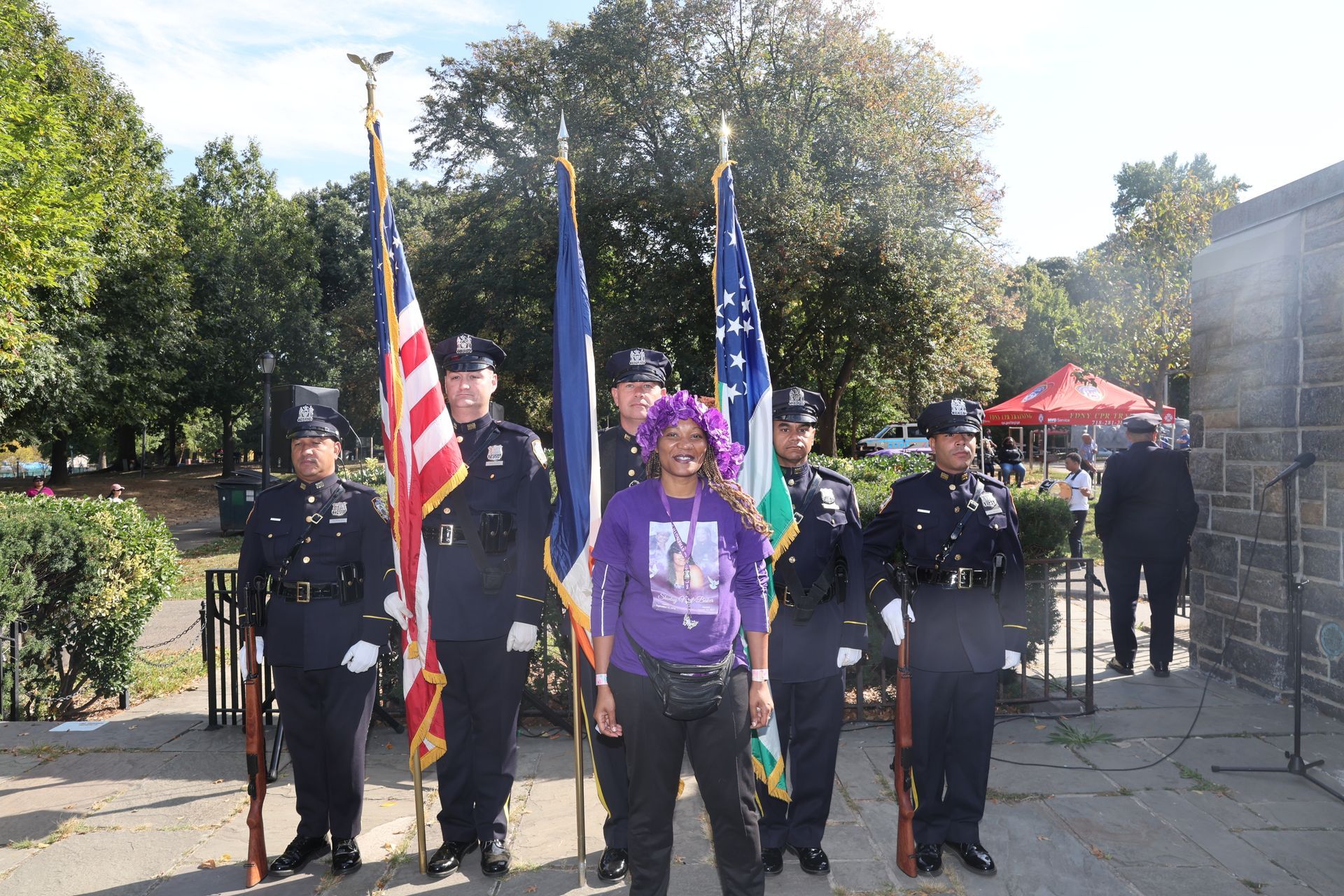

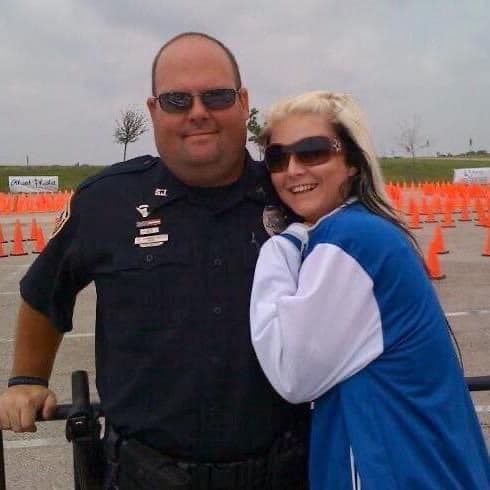
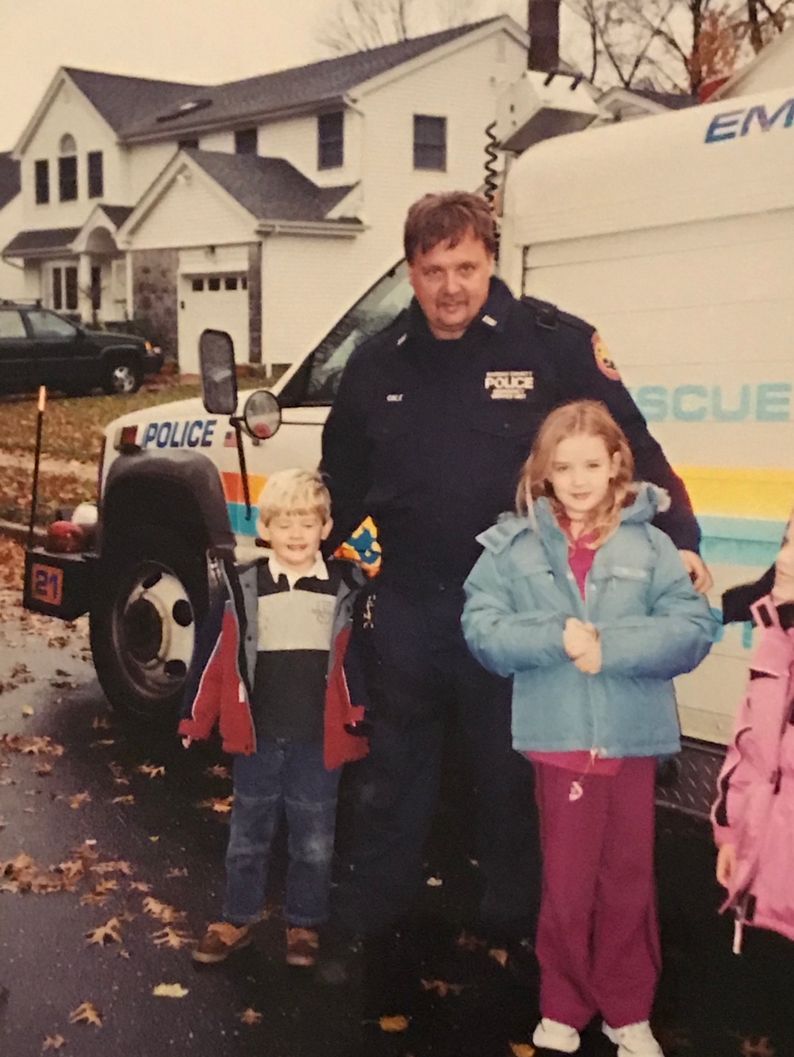
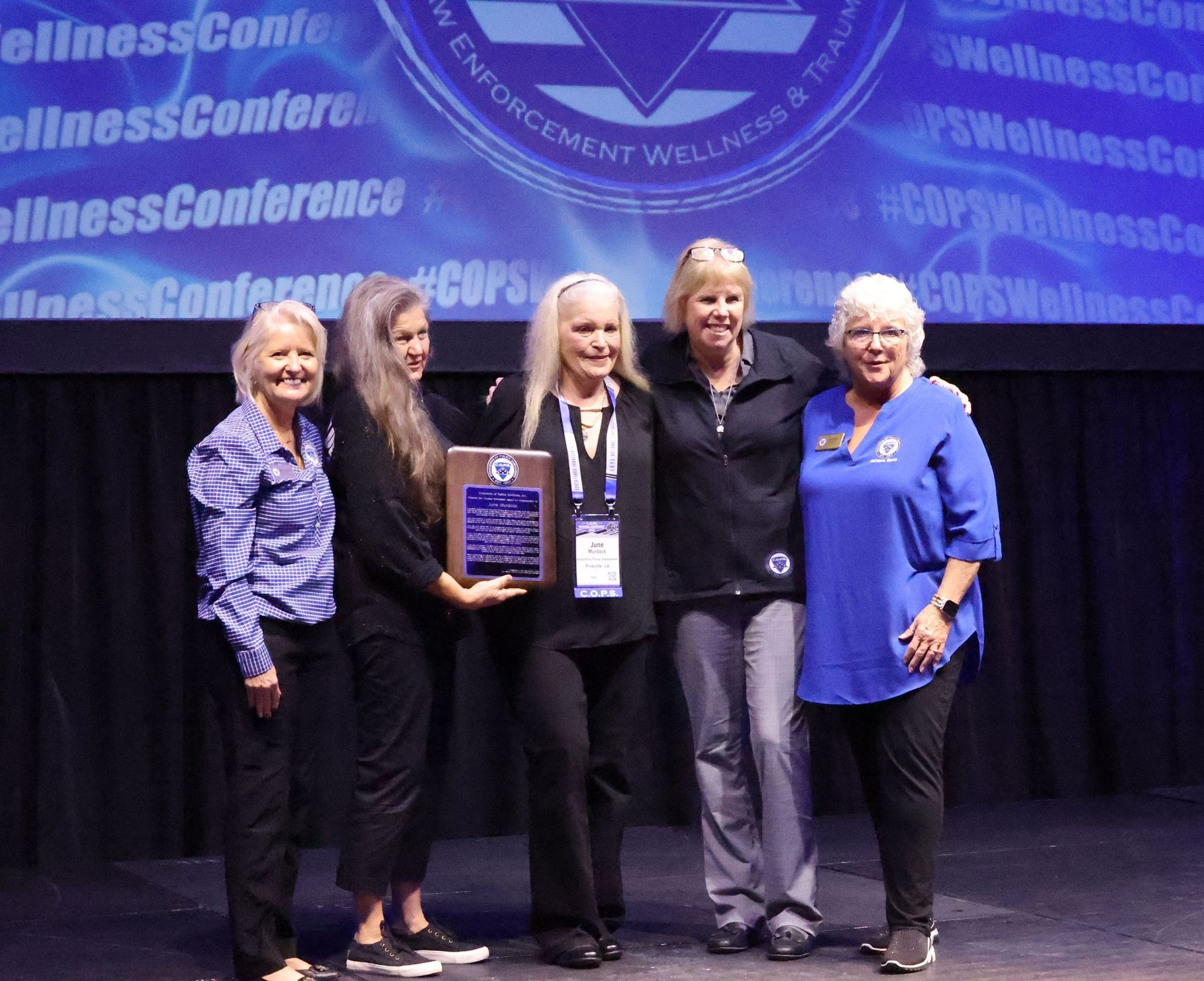
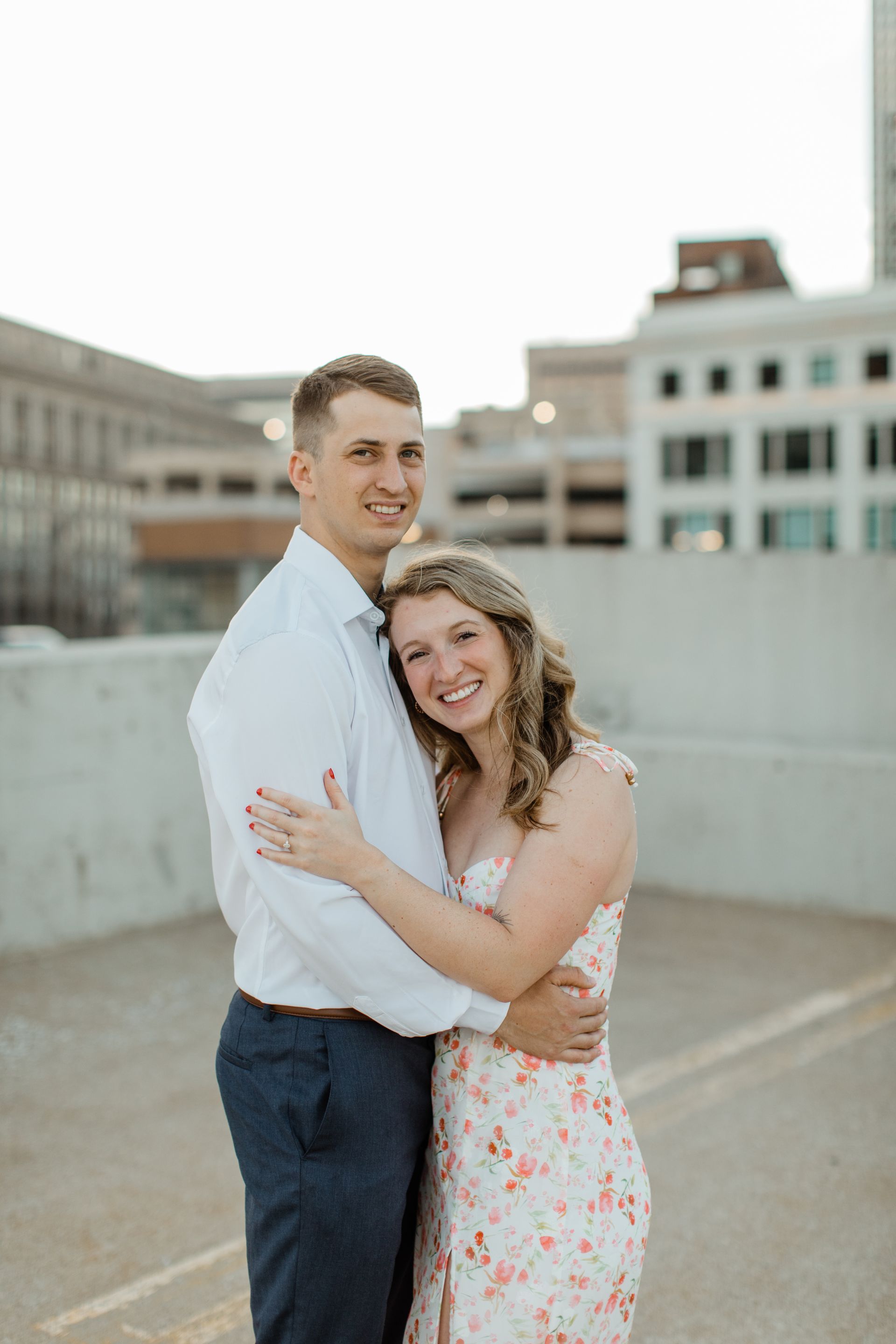
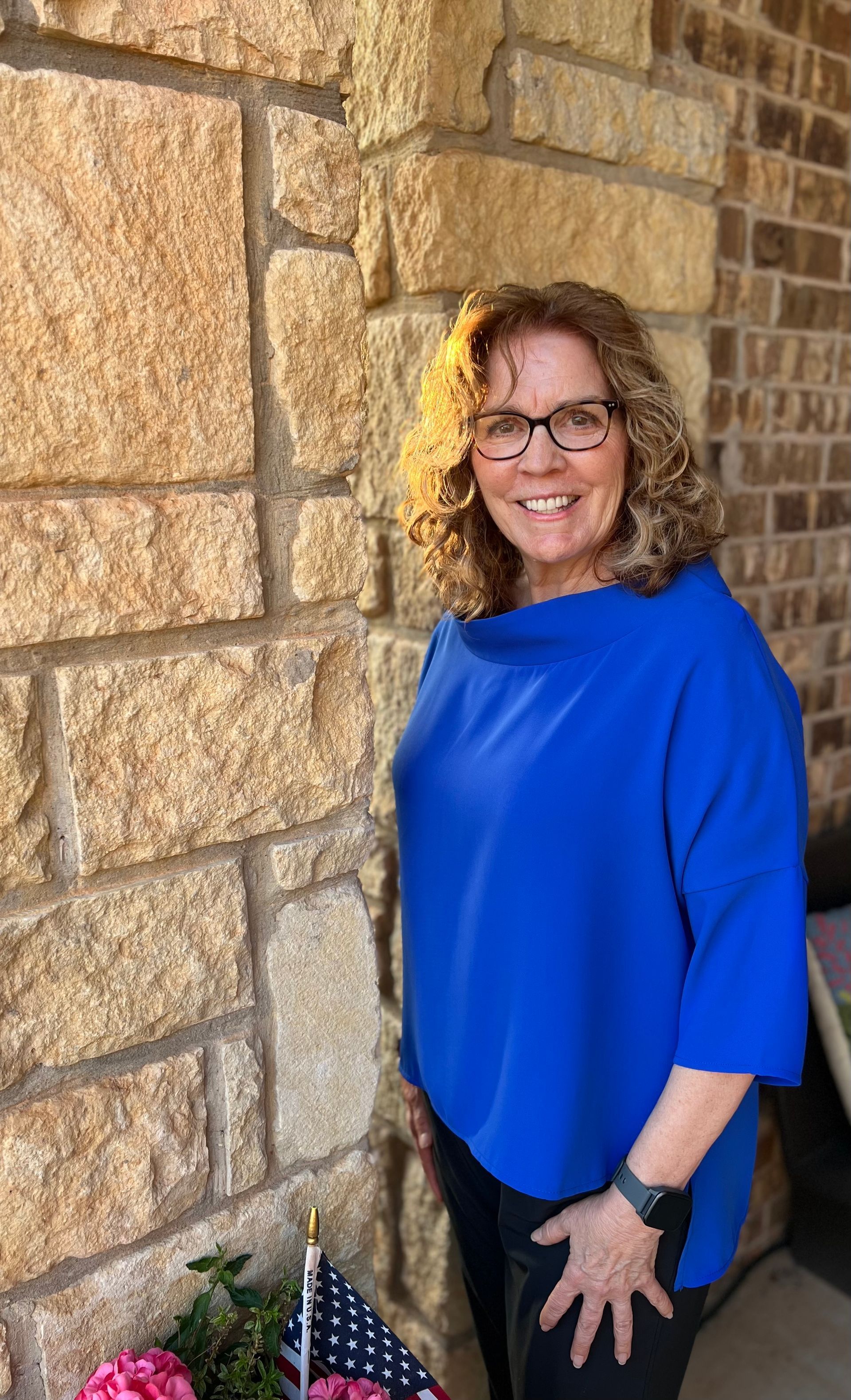
As the C.O.P.S. membership continues to grow, we continue to see the incredible strength and resiliency that is born from the blue family. The blue family is vast and people take care of each other.
Throughout C.O.P.S.’ travels at events and conferences hosted by other police organizations, a topic that is extremely difficult to address has been at the forefront of conversations; Police suicide. The leadership of C.O.P.S. has also discussed this topic, specifically their survivors, for many years. There has been a desire to help, but C.O.P.S. was already growing at a record pace and timing was not ideal.
C.O.P.S. started when 10 surviving spouses realized they simply needed each other and a place to be together to talk and grieve with others who “get it”. They needed a network of peer support all across the nation.
In 2019, over 150 officers died in the line of duty. Over 220 officers died by suicide. That’s almost 400 officers taken from us in one year.
It’s no surprise to anybody that suicide seems to be a taboo topic. The survivors left behind feel isolated and are hesitant to talk about how their loved one died. They are pummeled with questions like, “Were there signs?”, “Why would they ever do this to themselves?”, “How could they do this to their families?”, or even the all too common and unapologetic comment of, “Suicide is selfish.”
Additionally, the co-workers of officers who die by suicide rarely have a support system either. Police leaders often do not know how to react to a suicide within their own agencies, or how to support the families.
Survivors of suicide are faced with questions of, “Was it something I did?” They suffer with endless ideas of how they could’ve helped their loved one and prevented them from taking their own life.
How could they not have known their loved one was on the brink of suicide? The answer in most cases is, they simply didn’t know. Their loved one didn’t talk about it. Work was work. Home was home. Or they did know and reached out for help and there was no help.
Post-Traumatic Stress Disorder (PTSD) and other mental health issues are plaguing departments all acrossthe nation. Police officers see things we are never meant to see. From domestic violence, child abuse, and murders, to having to fire their weapons to protect themselves or others. They deal with fear of backlash if they shoot during a “kill or be killed” critical incident. They stand poised and emotionless as they salute the family of a fallen comrade, deliver the folded flag, and go right back to their job because it is their duty to protect. Emotions and feelings that should be expressed are hidden away.
Cheryl Schultz is the Immediate Past President of C.O.P.S. and the surviving spouse of Pojoaque (NM) Tribal Police Officer Kevin Schultz, EOW 8/17/2002. As part of the C.O.P.S. National Board, Cheryl has been a proponent of forming a separate organization to support survivors of police suicide.
She knows all too well the struggles officers experience when they go through a critical incident. One of Kevin’s co-workers struggled with depression and attempted suicide several times while another died by suicide. “Kevin’s friends had demons they did not know how to deal with,” Cheryl said. “If we make it okay to talk about trauma, instead of officers feeling alone, we can start preventing police suicide and spare families from losing their officer.” Cheryl added, “Compassion is a state of constant giving of one’s self for others,” and, “that is what the C.O.P.S. family is all about.”
Over the past couple of years, C.O.P.S. has been approached by law enforcement organizations and departments about supporting families of officers who die by suicide. Also, many line-of-duty death (LODD) survivors have voiced their concerns that there are no services available to survivors of suicide and have expressed their desire for C.O.P.S. to help.
C.O.P.S. is the perfect organization to support and act as a mentor to this separate endeavor as our survivors have the biggest hearts and love of the blue family. They understand the need for grief and peer support from those who ‘get it’.
C.O.P.S. Presidents dating back to Madeline Neumann, Brenda Donner and Cheryl Schultz have echoed Emilio Miyares, C.O.P.S. National President, and Dianne Bernhard, Executive Director, when they said, “If we are going to do it, we need to do it right.” They have always known it was the right thing to do, but it was important to find the right time. Shelley Jones, C.O.P.S. Director of Operations, spoke out and made it clear that now is the right time and she wanted to be a part of making it happen.
Shelley has been with C.O.P.S. since June 2014. She retired as an Assistant Chief from the Columbia (MO) Police Department. She is a surviving co-worker, survived being shot in the line of duty in 1996, and has lost a co-worker to suicide. Her passion and commitment to survivors is unwavering, as well as her dedication to the law enforcement profession she has spent her whole life serving. Because of this, the National Board has approved Shelley to move forward in forming a separate non-profit organization that would offer survivors of police suicide the same grief and peer support C.O.P.S. gives to LODD survivors.
The C.O.P.S National Staff has doubled in the past five years to meet the needs of LODD survivors. The National Board recognizes that C.O.P.S.’ metaphorical hands are full and does not have the capacity to address the needs of suicide survivors but they want to help. In January of this year, the C.O.P.S. National Board voted to “pay it forward” by providing a loan to create a separate non-profit organization modeled after C.O.P.S. to help suicide survivors.
We know you will have questions, starting with what will this entail and how will this affect the current status of the C.O.P.S. organization?
First and foremost, this will be a separate organization. The organization name is “Survivors of Blue Suicide Foundation”. It will have its own 501(c)(3), but will be housed out of the C.O.P.S. National Office for the first two years. They will be in charge of their own fundraising, although monetary support will be loaned for start-up expenses.
Outreach to departments is in the early stages and plans for survivor retreats and/or an introductory conference separate from National Police Week are underway. A committee has been formed that represents the different survivorships and gives input on the immediate needs to be addressed.
Chapters and LODD survivors will not have to be involved. All we ask is if they hear of an officer who dies by suicide, they notify the National Office and provide whatever information they have. The new organization will take it from there. We already discuss police suicide in the Traumas of Law Enforcement trainings, but the plan would now include survivors of suicide to speak at that portion of the training.
Joining Shelley will be Laurie Putnam, who is currently the Director of Chapter and Survivor Support. Dianne Bernhard, C.O.P.S. Executive Director, said “There is nobody better at organizing and maintaining a database than Laurie. But beyond that, Laurie has an amazing heart and as the first point of contact for survivors for 10 years, she knows how to talk to people when they call needing support. That’s vital as this organization gets up and running and they start to connect with survivors of suicide.”
Shelley said, “Laurie’s commitment to C.O.P.S. is amazing but her commitment to all survivors is limitless. She brings with her the compassion and insight needed to start the outreach and support of suicide survivors.”
To all of you in the C.O.P.S. membership, it is our hope in moving forward with your support. Together, we can not only support these families, we can start to make a difference in silencing the stigma that surrounds suicide.
Laurie Putnam said it best when she explained, “The blue family is the blue family. For the LODD survivors
to support the suicide survivors, it’s still all the blue family. When I’m asked in 20 years how this organization got its start, I’m going to say, ‘it started with C.O.P.S. and survivors being there for other survivors.’”
It has been said by other law enforcement organizations that there is no better grief organization than C.O.P.S. that knows how to connect with the law enforcement community, their survivors and the officers who need help. We believe that as well and ask you to join us in congratulating Shelley and Laurie as they move forward with the full support of the National Board and Staff in this new organization.
Shelley added, “I am so proud and appreciative of C.O.P.S. survivors and leadership for their courage and their selflessness in helping start Survivors of Blue Suicide. As James Keller said, ‘A candle loses nothing by lighting another candle.’”
Through speaking with survivors of suicide over the past few months, Shelley and Laurie say they have learned a lot, but most importantly is the survivors of officer suicide want to connect with other survivors who understand what they are going through, just as the survivors of LODD. The circumstances surrounding their officer’s death are different, but the grief is not. Survivors of Blue Suicide Foundation is in the beginning stages but the impact it is going to have on the many lives of survivors of officer suicide and law enforcement agencies is evident.










Survivor Weekends and Camps Sponsors
Conference & Training Sponsors